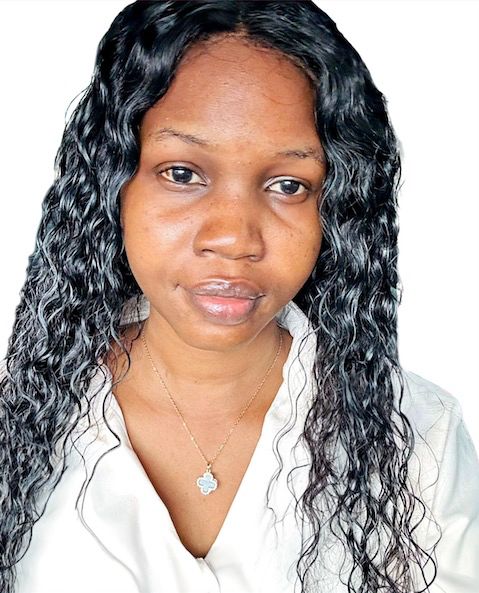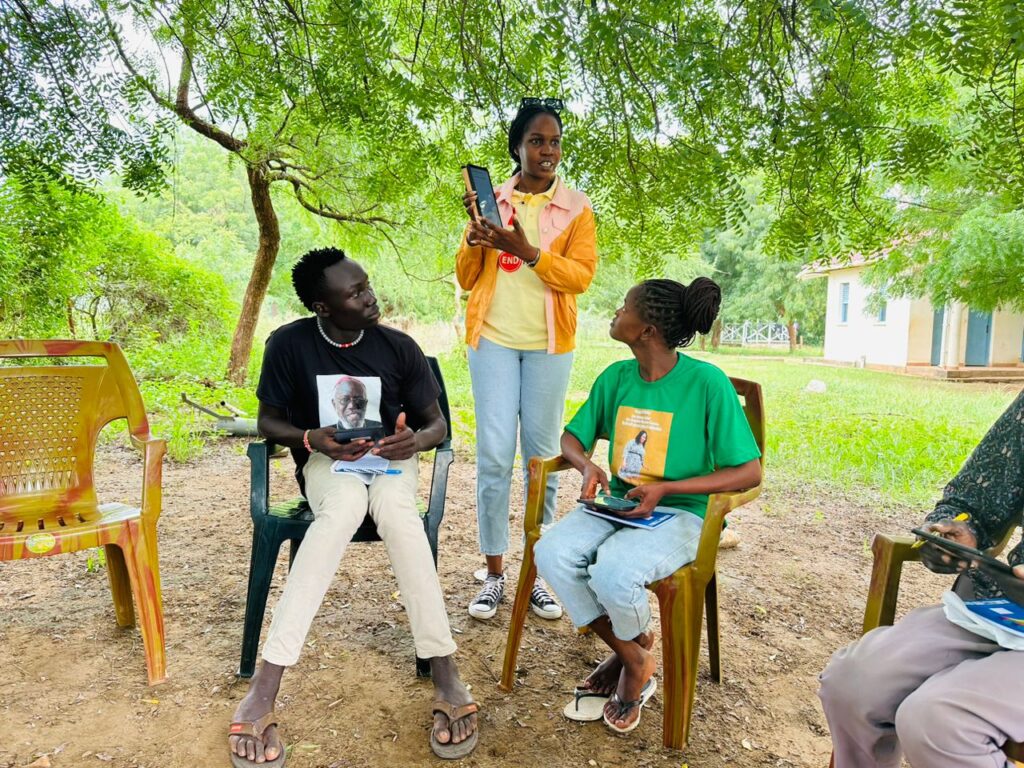Meet the Expert: Interview with Abuk Peter

Meet Abuk Peter, the Gender Equity and Social Inclusion (GESI) Focal Person in South Sudan’s Ministry of Health. In this “Meet the Expert” interview, Abuk shares how she addresses barriers to healthcare, including neglected tropical disease (NTD) programming and services.
My name is Abuk Peter. My experience with gender equity and social inclusion (GESI) and neglected tropical diseases (NTDs) revolves around ensuring that everyone has equal access to opportunities and resources, regardless of gender, ethnicity, disability, age, or socioeconomic status. I work to address and overcome systemic barriers that prevent marginalized groups from full participation in social, economic, and political life. GESI also ensures that healthcare services are accessible and equitable by addressing gender norms and inequalities that affect healthcare service-seeking behavior and receiving.
This work is important because… Women and other vulnerable groups often face greater barriers to treatment due to caregiving responsibilities and limited decision-making power. GESI integration in NTDs programs, such as onchocerciasis and lymphatic filariasis, helps identify gaps in mass drug administration (MDA) campaigns, design solutions and approaches that are culturally appropriate, apply and assess the solutions, record the outcomes, and finally expand to a bigger population.
What I enjoy most about my work… is connecting to diverse communities at different levels by listening to them and advocating for vulnerable groups, exploring different parts of the country, familiarizing myself with the challenges people are facing, and, most importantly, delivering health services to our communities.

My career journey began when… Growing up, I knew I wanted to be someone who is influential in the community. I started off as a medical doctor where I had an impact on individual lives through direct patient care. Transitioning to public health allowed me to expand my influence by addressing health issues on a larger scale and implementing initiatives that benefit entire communities.
What led me to changing my career path was seeing the challenges my female colleagues and I faced at work, how my female patients had zero to less access to healthcare services and no power in decision-making regarding their health and how and when to access those services.
My vision for the next 10 years is… to foster a more inclusive and equitable society that educates women about their rights while supporting them in making informed decisions. This can be achieved by engaging the community through designing inclusive programs that ensures hearing the concerns of all community members and meeting their needs through collaborative efforts from all stakeholders. Advocating for vulnerable groups, not just women, helps us build stronger, healthier communities where there is equitable healthcare access that is also culturally sensitive.